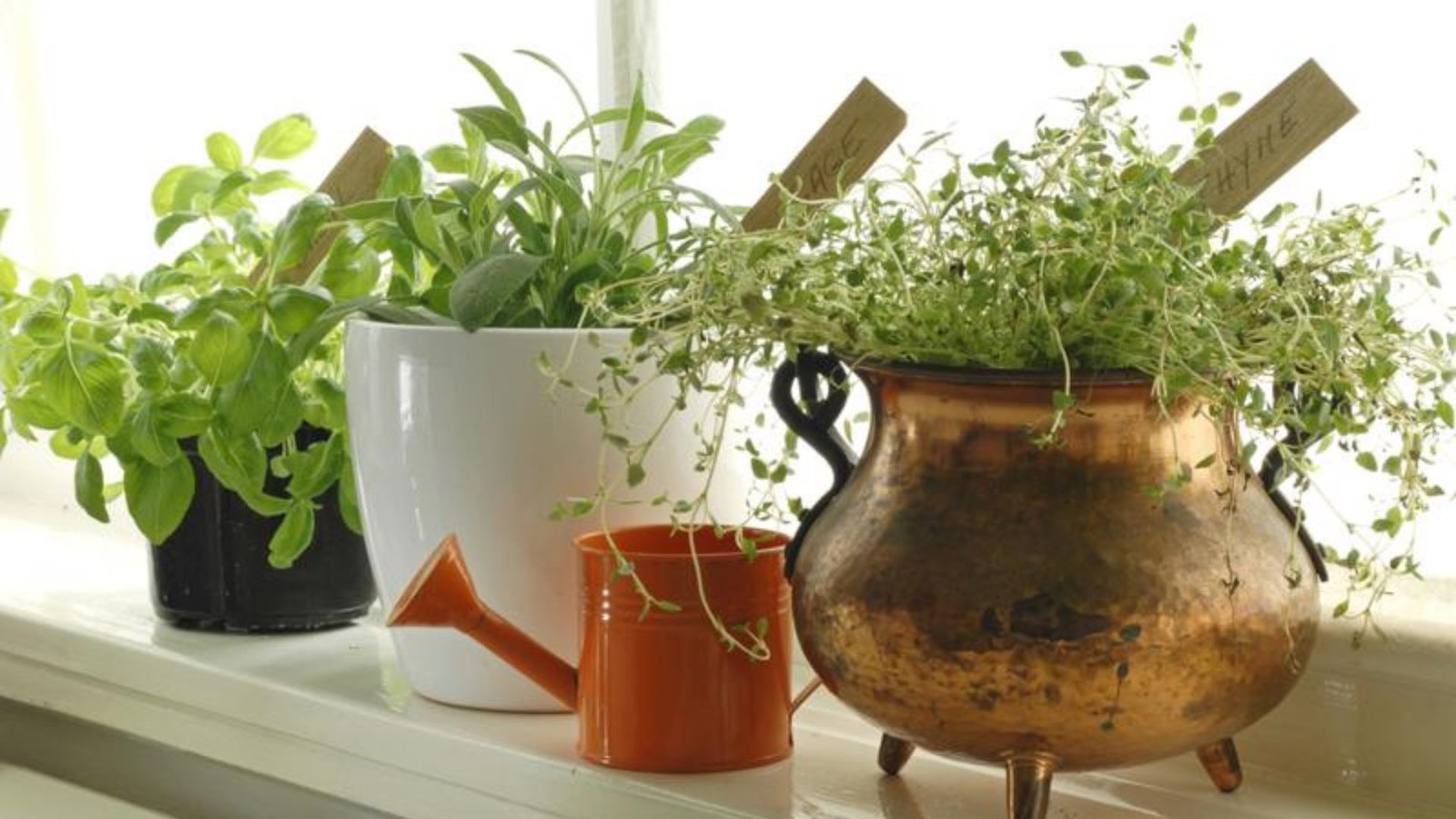Top Benefits of Growing Your Own Herbs at Home
Growing your own herbs at home offers numerous advantages that extend beyond culinary benefits. From enhancing your cooking to improving your well-being, cultivating herbs can be a rewarding and practical endeavor. This article explores the top benefits of growing herbs at home and provides insight into why this practice is worth considering.

Freshness and Flavor
One of the most immediate benefits of growing your own herbs is the freshness and enhanced flavor they bring to your dishes. Home-grown herbs are harvested at their peak, ensuring that you enjoy the most potent flavors and aromas. This freshness is often unmatched by store-bought herbs, which can lose their flavor and potency over time.
Cost Savings
Growing herbs at home can lead to significant cost savings. Purchasing fresh herbs from the store can add up, especially if you use them frequently. By cultivating your own, you can reduce grocery expenses and enjoy a steady supply of herbs throughout the year. The initial investment in seeds or seedlings and soil is often minimal compared to the cost of buying herbs regularly.
Health Benefits
Home-grown herbs offer various health benefits. Many herbs are known for their medicinal properties and can be used to enhance your overall well-being. For example, mint can aid digestion, rosemary can improve memory, and chamomile can promote relaxation. Having a selection of fresh, organic herbs at your disposal allows you to incorporate these healthful ingredients into your daily diet.
Convenience
Having a herb garden at home means you have easy access to fresh herbs whenever you need them. This convenience is especially valuable when preparing meals and cooking, as you can simply step outside to pick the herbs you need. This not only saves time but also ensures that you always have the ingredients on hand.
Environmental Benefits
Growing your own herbs contributes positively to the environment. By cultivating herbs at home, you reduce the need for store-bought herbs, which often come packaged in plastic. Additionally, home gardening reduces the carbon footprint associated with transporting herbs from farms to stores. Your herb garden also supports local biodiversity by providing a habitat for beneficial insects like pollinators.
Therapeutic and Relaxing
Gardening, including growing herbs, can be a therapeutic and relaxing activity. Spending time tending to your plants and connecting with nature has been shown to reduce stress and improve mental well-being. The process of nurturing plants and witnessing their growth can be incredibly rewarding and calming.
Educational Opportunities
Growing herbs provides valuable learning experiences, whether you’re an individual or a family. It offers an opportunity to learn about plant growth, soil management, and sustainable practices. For children, it can be an engaging way to learn about biology and the environment, fostering a sense of responsibility and connection to nature.
Versatility in Use
Herbs have versatile uses beyond the kitchen. Many herbs can be used in homemade teas, natural remedies, and beauty products. For instance, lavender can be used to make soothing sachets, while basil and thyme can be infused into oils for skincare. The versatility of herbs allows you to explore a range of creative and practical applications.
Tips for Growing Your Own Herbs
- Choose the Right Herbs: Select herbs that suit your climate and growing conditions. Some herbs, like basil and cilantro, thrive in warm, sunny environments, while others, like parsley and chives, can tolerate cooler temperatures.
- Start Small: Begin with a few easy-to-grow herbs if you’re new to gardening.
- Provide Adequate Light: Most herbs require plenty of sunlight to grow well. Place your herb garden in a sunny spot or use grow lights if growing indoors.
- Water Properly: Herbs generally need regular watering, but avoid overwatering. Ensure good drainage to prevent root rot and maintain healthy plants.
Exploring Digital Entertainment in Nature-Inspired Ways
Just as gardens offer endless inspiration and joy, modern digital spaces can provide unique forms of recreation and relaxation. For those looking to enjoy a bit of excitement online, exploring online slots real money canada can be a fun and engaging pastime. These games bring vibrant visuals and interactive experiences to your screen, much like the colorful blooms found in a well-tended garden. It’s all about finding delight in unexpected places, both offline and online.
Conclusion
Growing your own herbs at home offers a range of benefits, including enhanced freshness, cost savings, health advantages, and environmental contributions. It also provides convenience, therapeutic value, educational opportunities, and versatile uses. Embracing home herb gardening can enrich your culinary experiences, support your well-being, and contribute positively to the environment.
Spending time in the garden or walking through the woods offers a sense of peace that nourishes the soul. But even quiet moments indoors can be restorative. For a gentle change of pace, gambling360 free games provide a fun, no-pressure way to unwind. It’s a calming way to pass time between planting sessions or during a cozy afternoon indoors.


